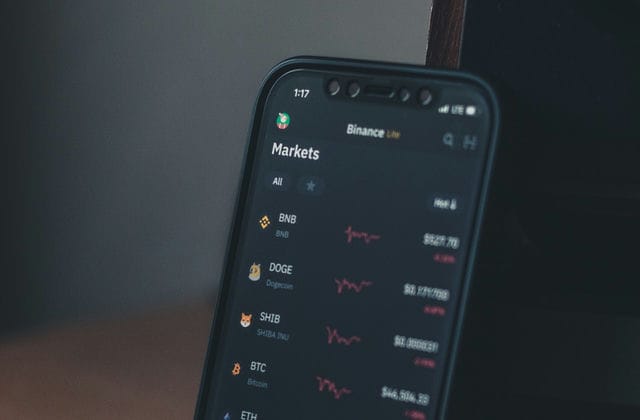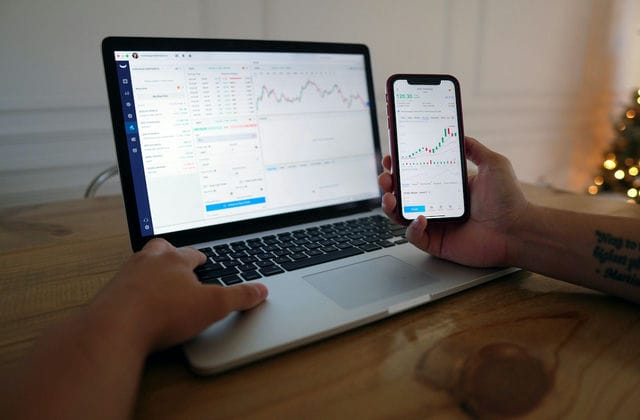It is often said that the arbitrage principle of stock index futures and spot index refers to the trading strategy of investing in stock index futures contracts and corresponding packages of stocks to seek profits from the price differences of the same group of stocks in the futures and spot markets.
When the actual futures price is greater than the theoretical price, sell the stock index futures contract and buy the portfolio of constituent stocks in the index to obtain risk-free arbitrage income; When the actual futures price is lower than the theoretical price, buy the stock index futures contract and sell the portfolio of constituent stocks in the index to obtain risk-free arbitrage income.
As a more complex financial investment tool, the trading participants of stock index futures are generally "three haves" investors except institutions, that is, they have strong financial strength and risk resistance, have relevant knowledge of stock index futures, and have practical trading experience.

First of all, the stock index futures adopt the margin trading method, which can play the role of "fighting big with small". It is precisely this leverage that enables investors to gain great profits when they grasp the trend correctly, but once they grasp the trend incorrectly, they are likely to lose a lot. For fund management, if the investor's direction is correct, and the index futures have made a short-term callback that deviates from the trend, the investor's margin account can also have enough funds to add margin, so as to avoid the risk of this callback and obtain high returns from margin leverage. If investors misjudge the direction, they can also reduce the losses in their own accounts, so as to pave the way for the next profit.
Generally, the position of stock index futures trading should be controlled at 20% - 30%, that is, the margin of trading contracts accounts for 20% - 30% of the total capital of investors' margin accounts.

Secondly, we should strictly set the stop loss line and avoid greed. Different from stock trading, stock index futures must stop loss. Although stocks sometimes need to stop loss, if they are really good enterprises, they can rise back if they do not stop loss in theory, but stock index futures are different. If you insist on not stopping loss, they may be completely destroyed.
As long as the market moves towards its own unfavorable direction after entering the site, losses will occur. Generally, as long as a loss of 10% of the input cost occurs, the market will immediately cut the meat out and look for new entry opportunities. This is especially important for retail investors with limited funds. When the market situation is contrary to their expectations, if they do not stop loss in time, they will always be exposed to the risk of selling out.
Finally, focus on the trend of heavyweight stocks. When studying the trend of stock index futures, an important reference is the trend of spot stocks, and the trend of spot indexes is closely related to the trend of heavyweight stocks.




























